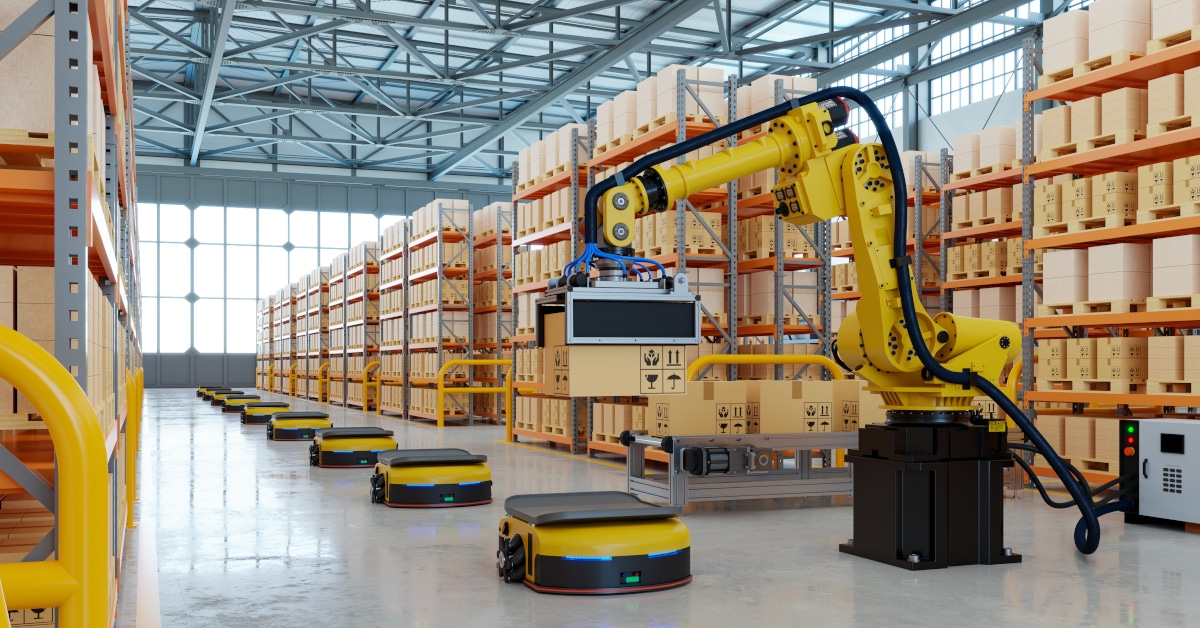
Introduction
WMS Automation is essential for third-party logistics (3PL) companies.
In the past, 3PLs only made investments in WMS automation on behalf of their clients and offered to include automation in service agreements. However, in order to gain a competitive edge and provide a better customer experience, 3PLs need to look into automation on their end as well.
Even though WMS automation has become more popular recently, it is not a new concept. Logistics companies have been exploring for solutions to automate warehouse operations since the 1970s. For example. conveyor belts and driverless transportation systems are now regarded as “normal,” but they were ground-breaking at the time.
Why is WMS Automation Essential?
For logistics providers, automation has indeed become a necessity to deal with growing demand and volume fluctuations brought on by seasonality and supply issues, staffing issues, and rising labor costs.
WMS automation can also help with the challenge of adapting to new consumer trends. These solutions, which include automated warehouse management systems and mobile robots for order fulfillment, make the jobs of employees easier while increasing productivity and efficiency, enabling the fulfillment of orders across omnichannels.
Why should a 3PLs invest in WMS Automation?
3PLs are far better equipped to manage the investment risk associated with warehouse automation, since the 3PL manages a large variety of clients at pre-negotiated, volume-based pricing.
Large-scale automation expenditures do not have enough time to pay off with contracts lasting three to five years, but the risk can be dispersed over various customers (or shared with one large customer).
Conclusion
WMS automation is essential for third-party logistics (3PL) companies. Factors such as demand and volume fluctuations, staffing issues, and rising labor costs demands 3PLs to invest in WMS automation for the fulfillment of orders across omnichannels.
While cost is always on the fore front of the discussion when it comes to WMS automation investment, a 3PL is far better to manage the investment risk associated with warehouse automation, giving it time to pay off the return on investments (ROI) various customers (or shared with one large customer).
Find out more about Symphony Cloud-based WMS here and Connect with us on our Facebook Page


